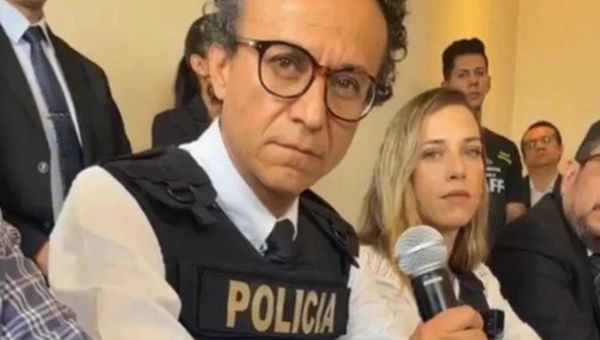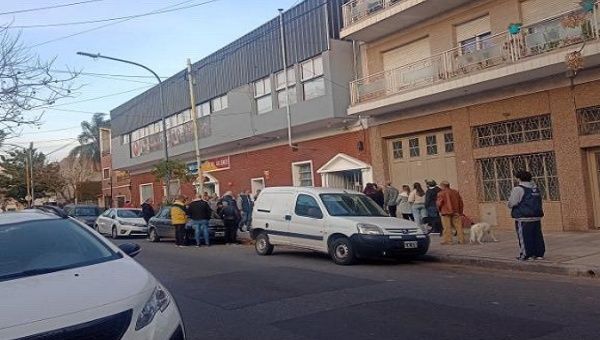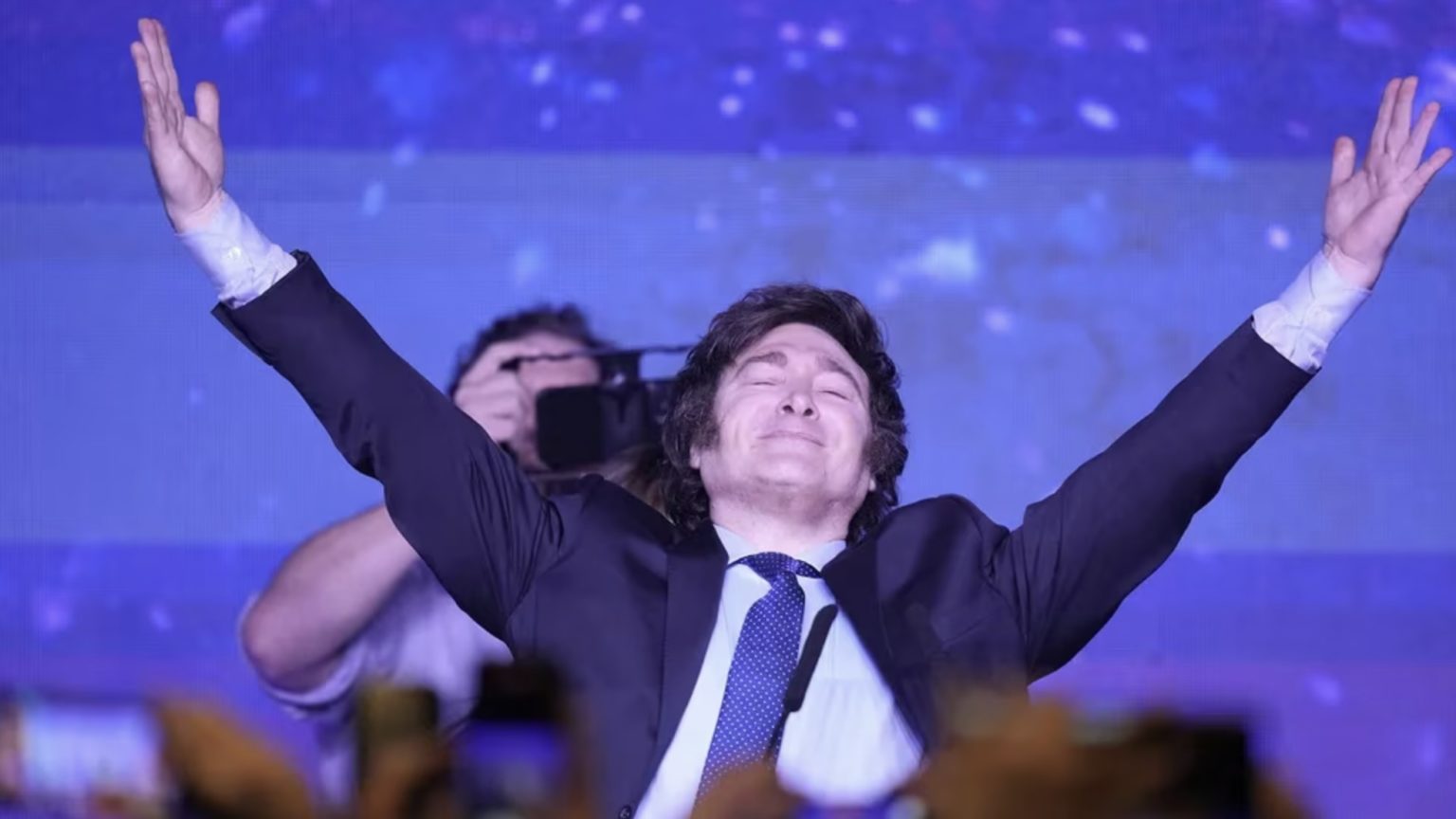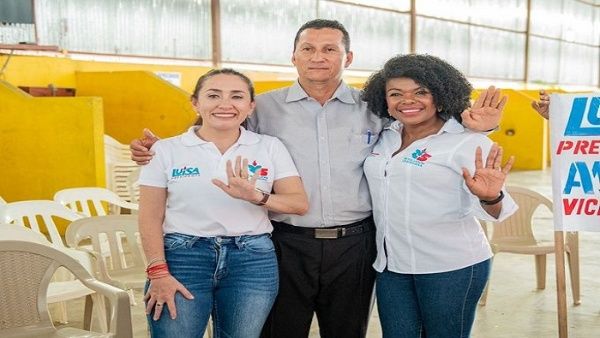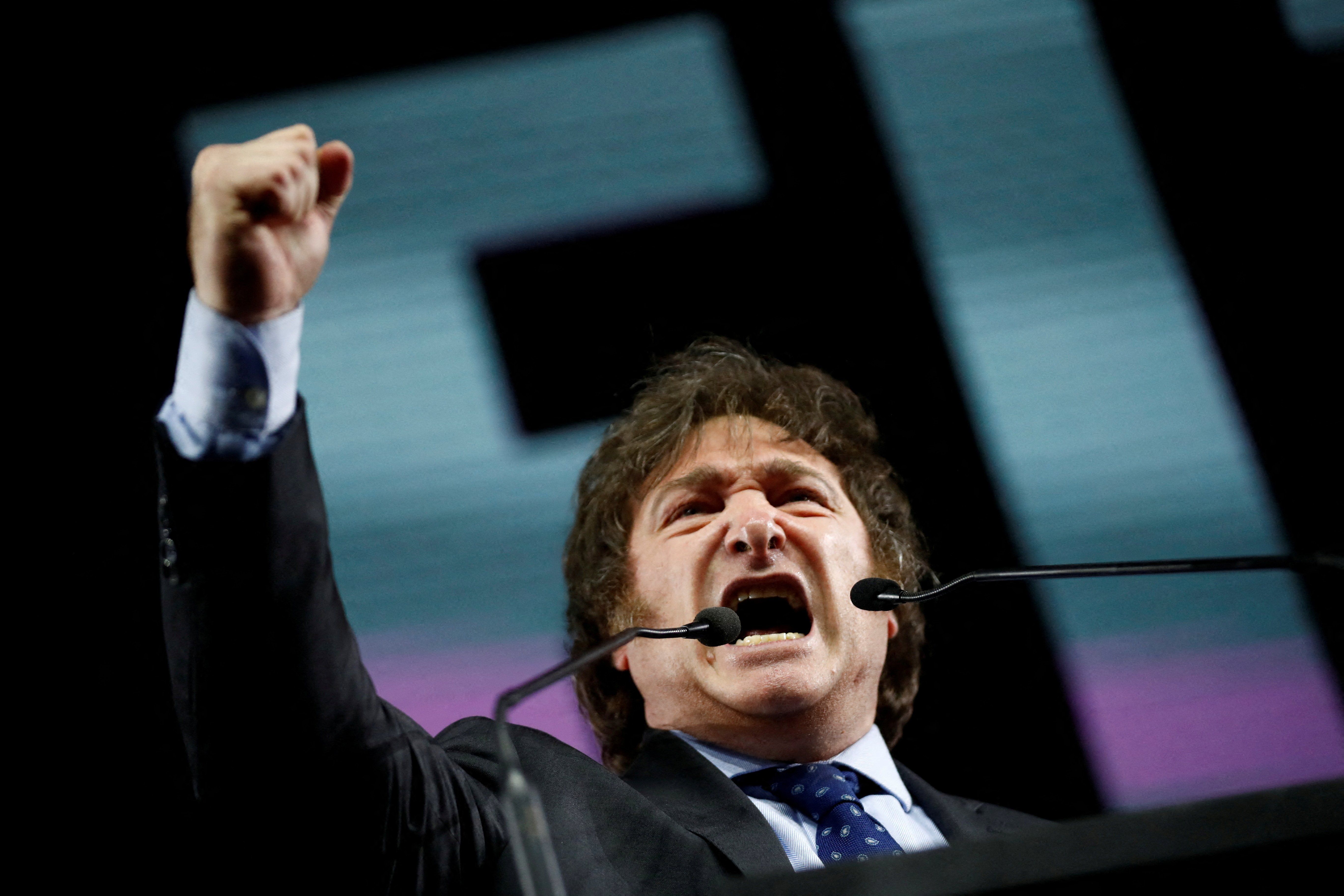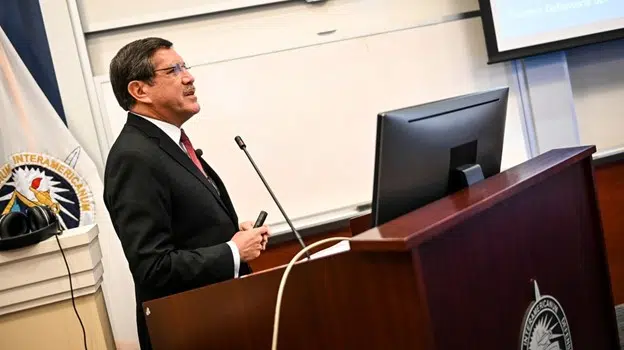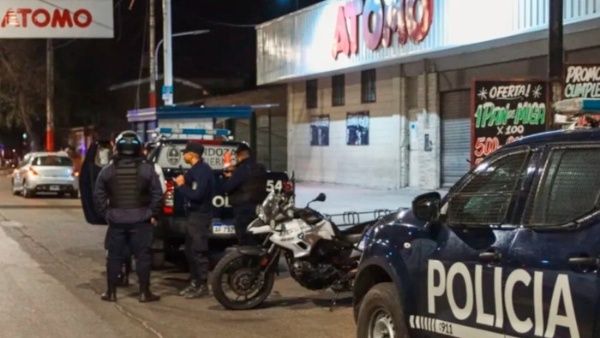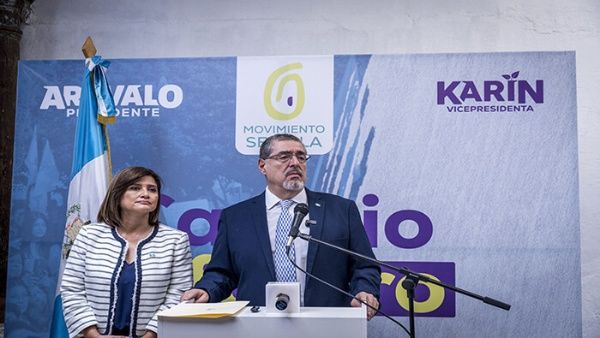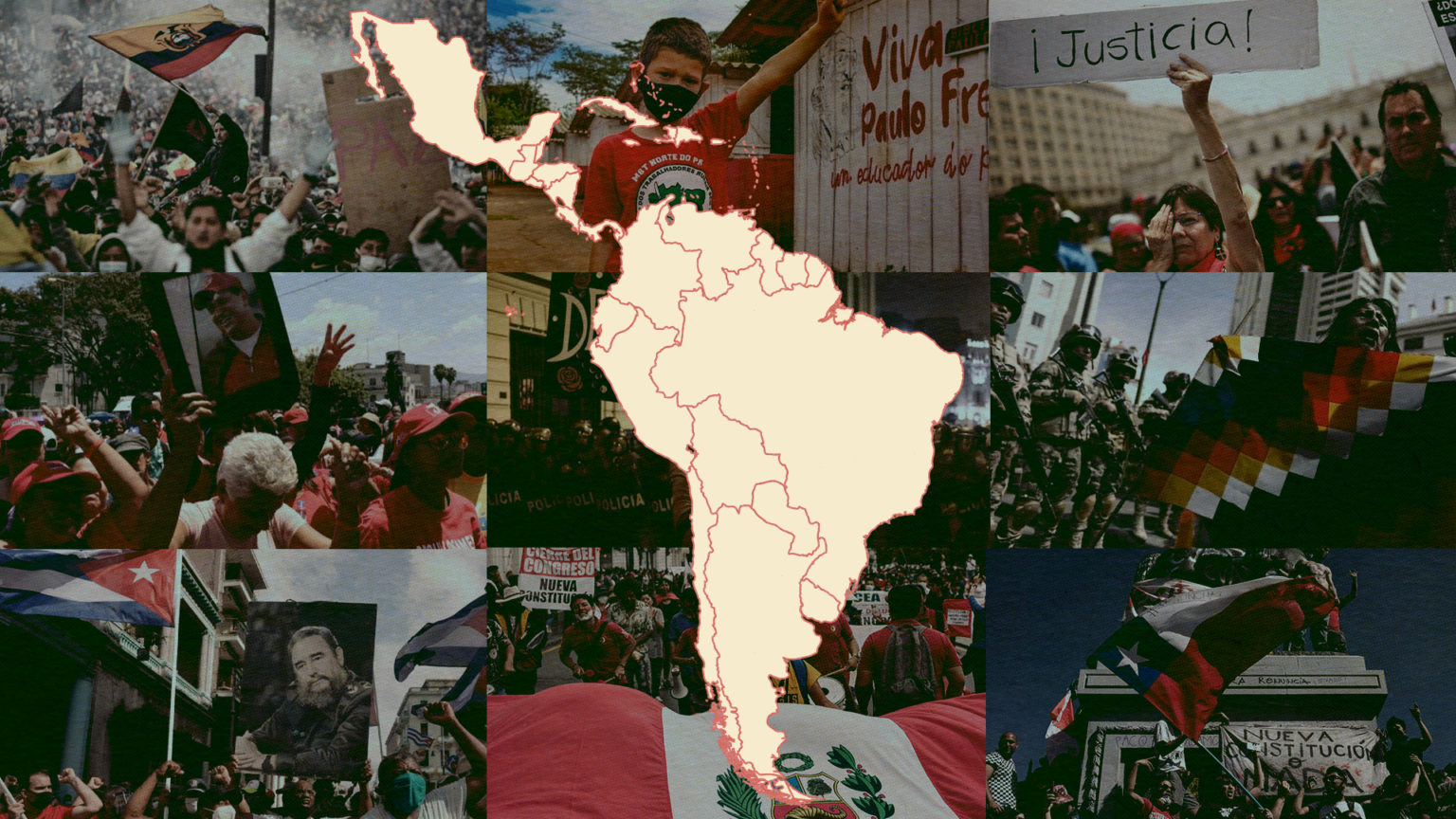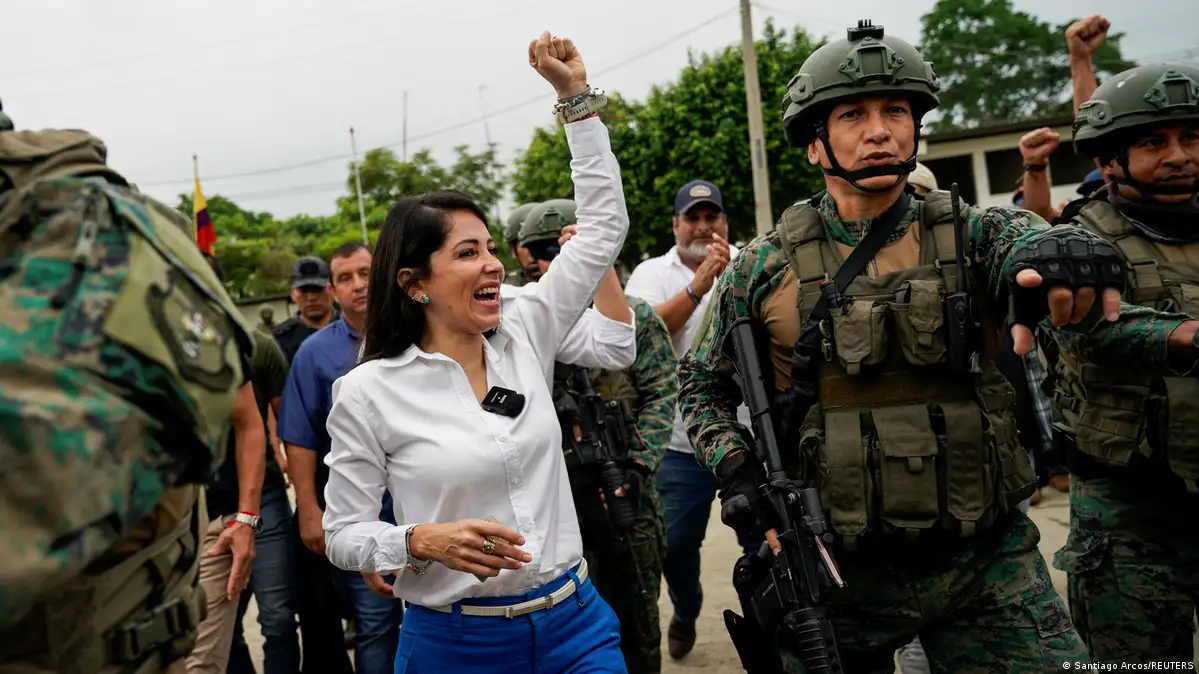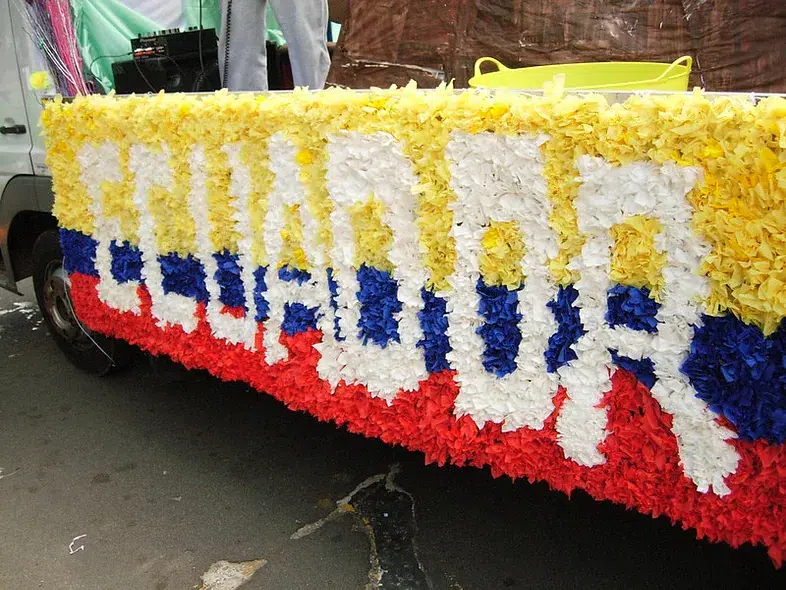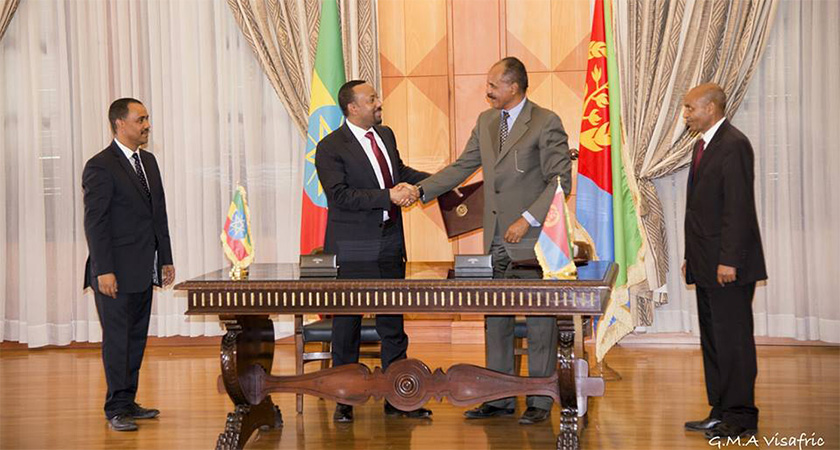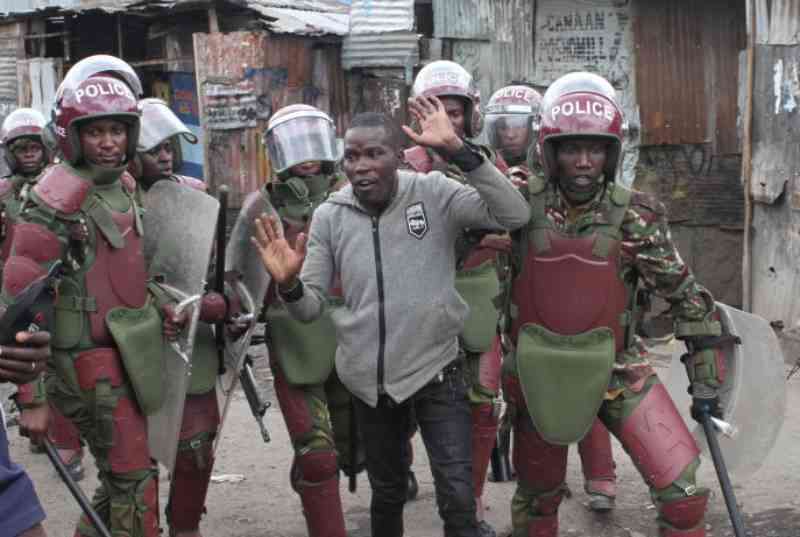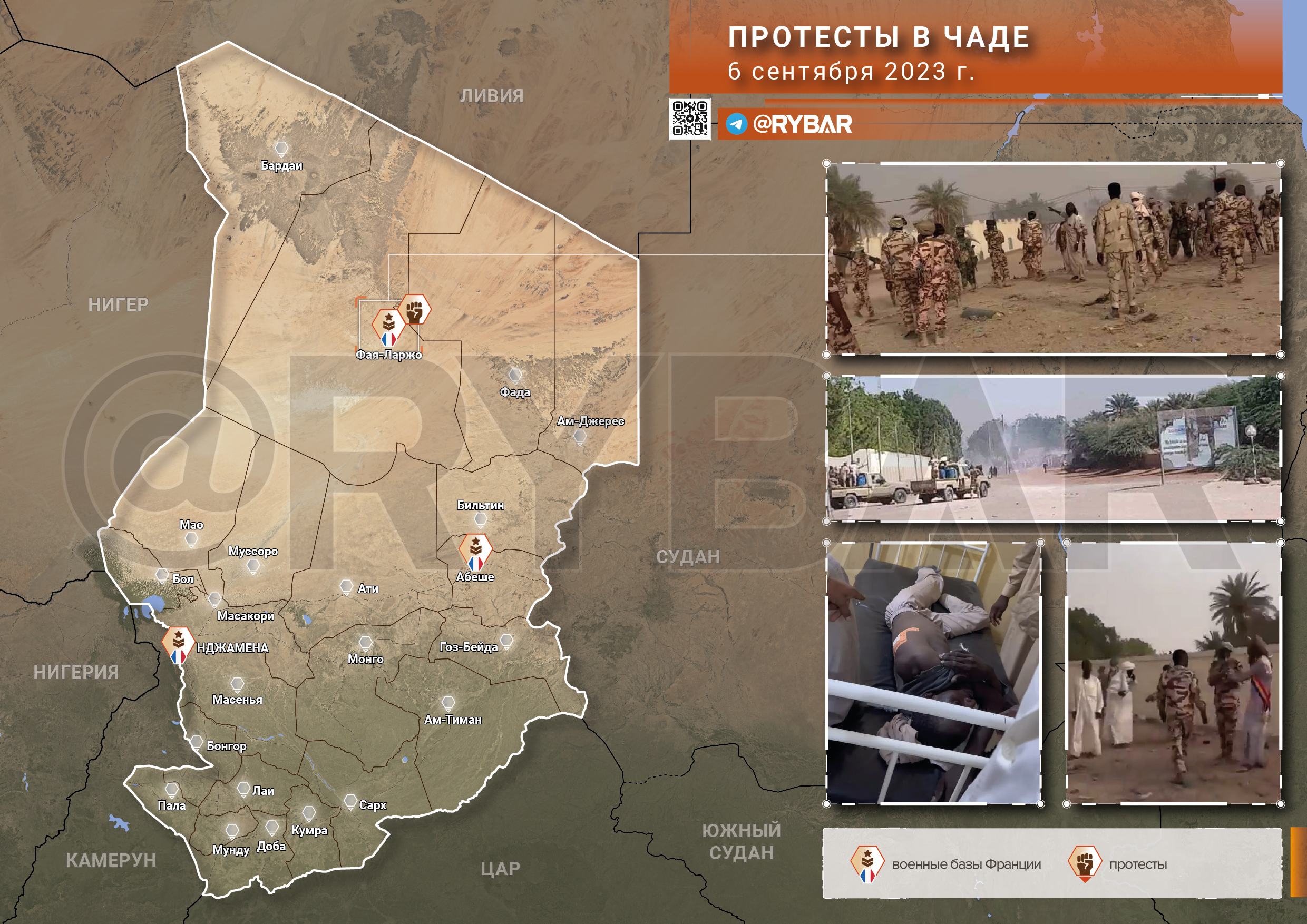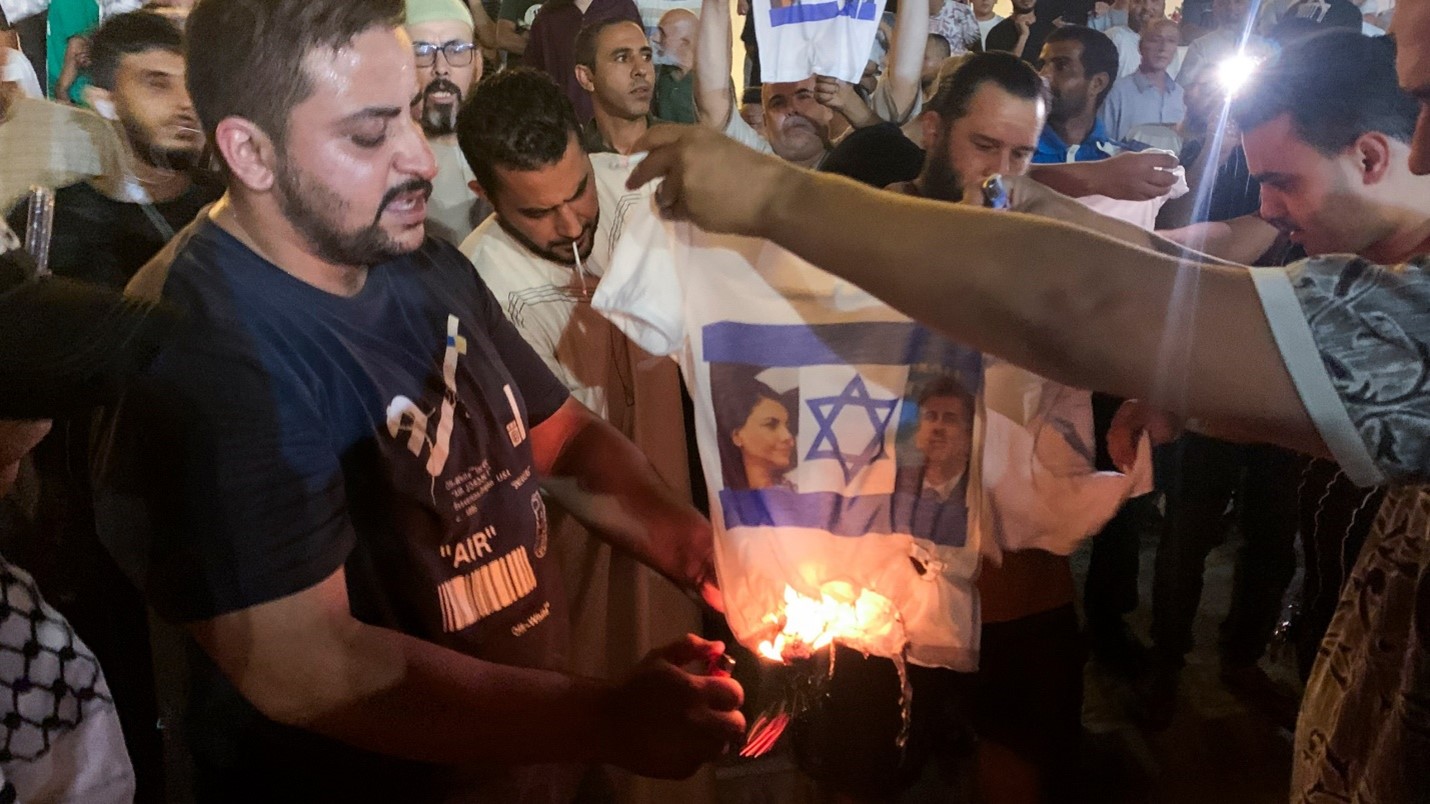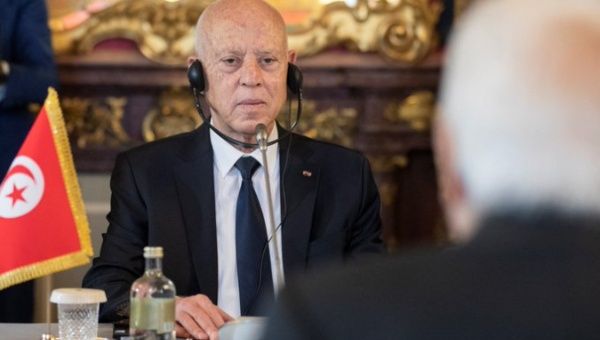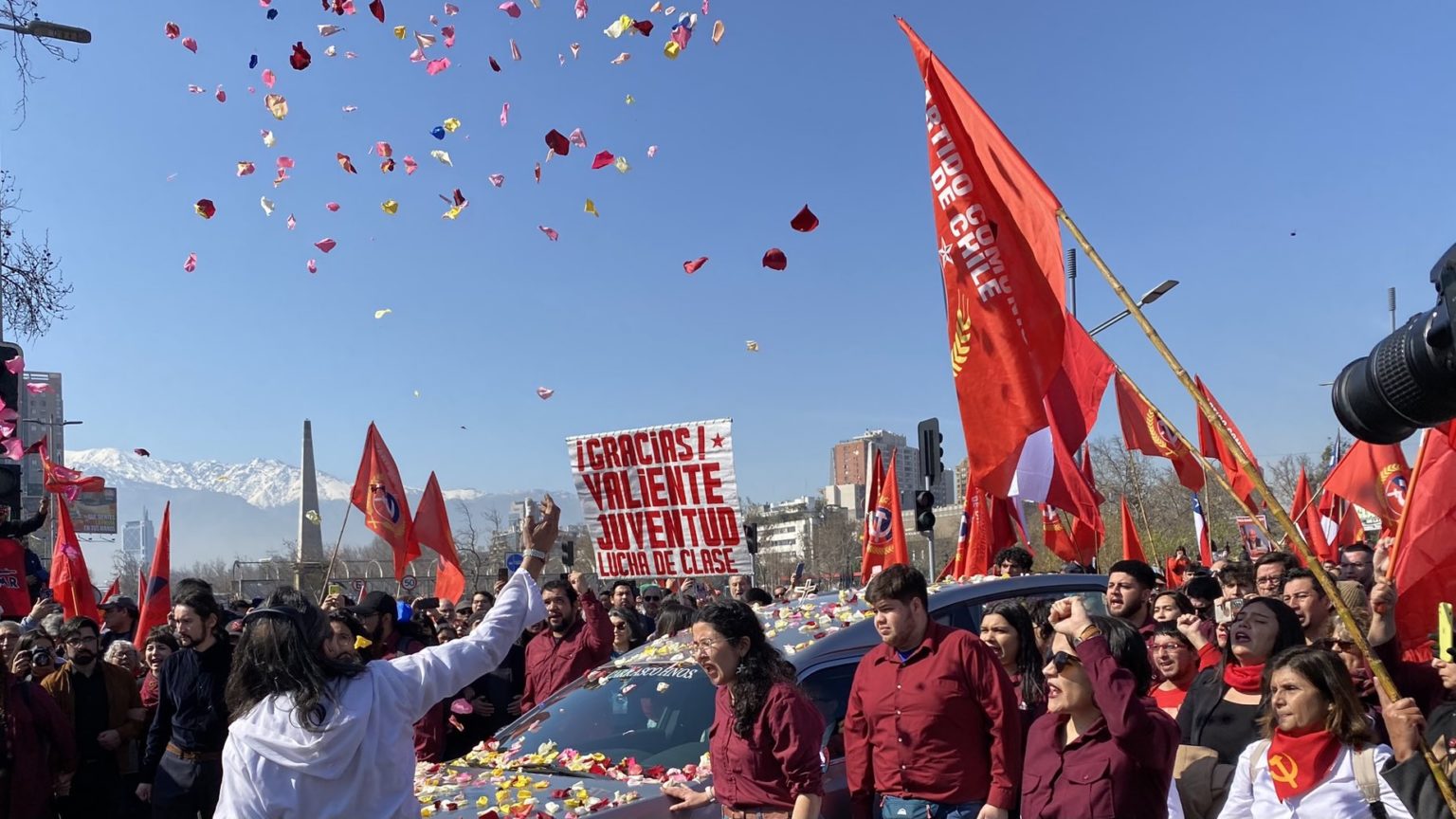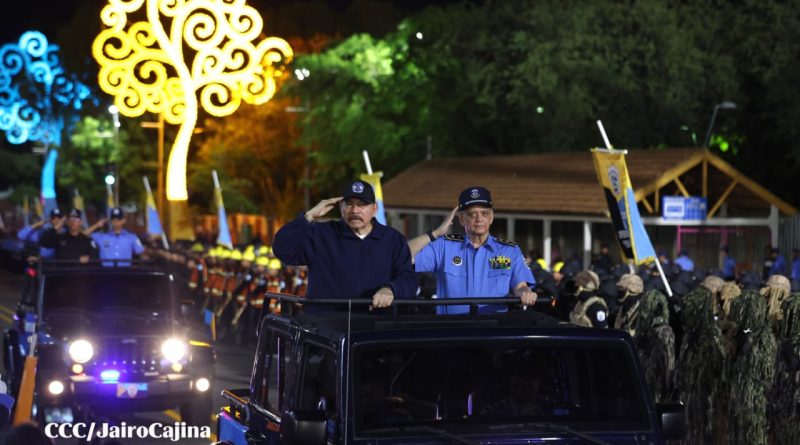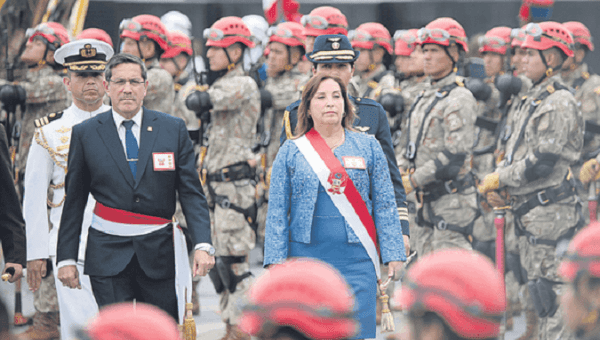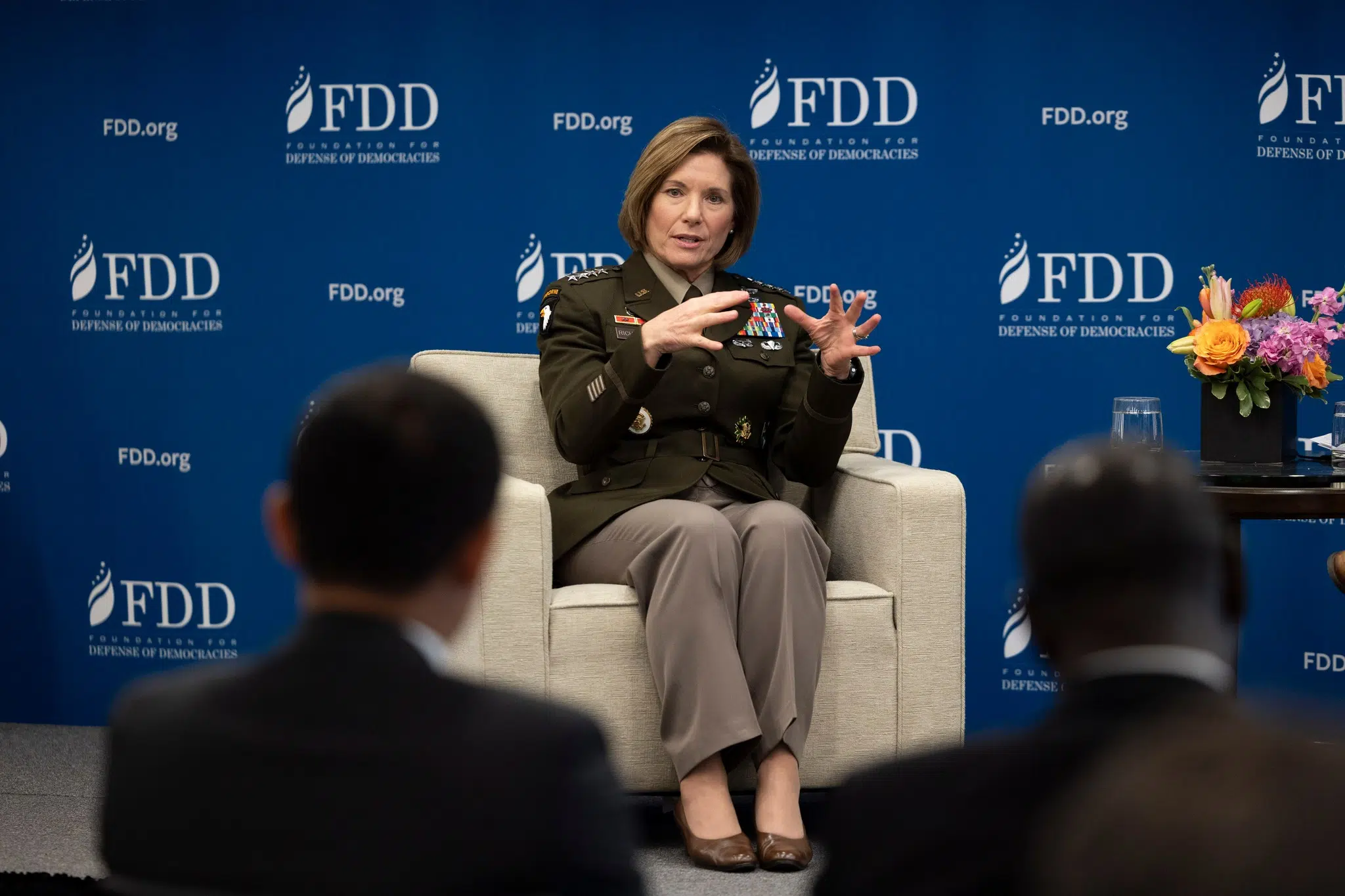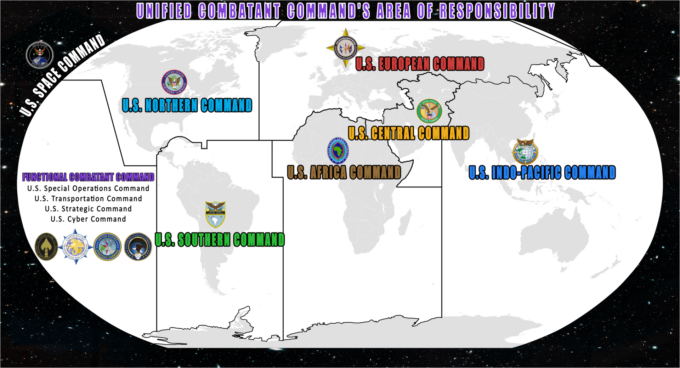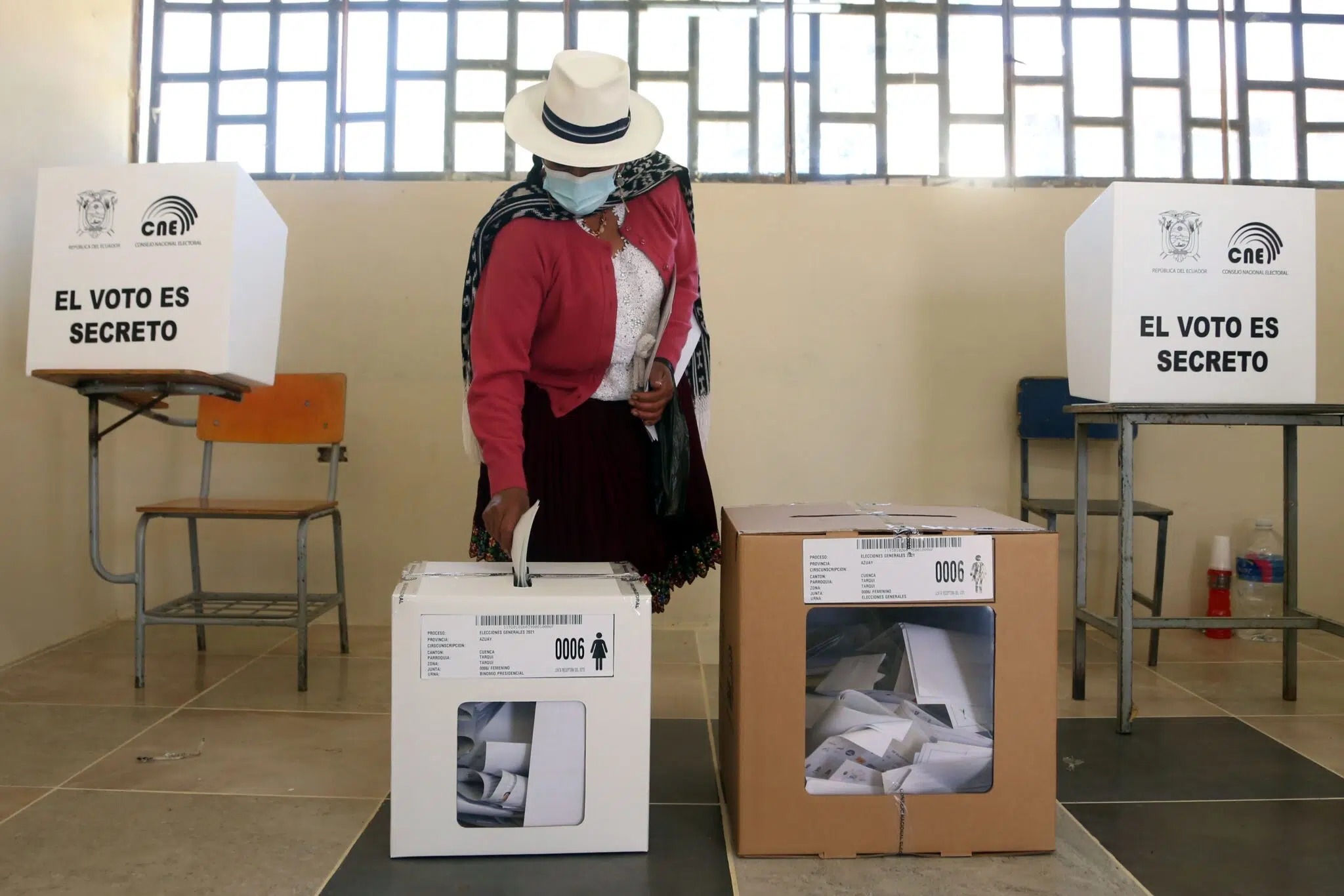Bernardo Arévalo will be Guatemala’s next President
Bernardo Arévalo de León of the center-left Movimiento Semilla won a decisive victory over Sandra Torres of the center-right National Unity of Hope (UNE). Arévalo’s victory was the culmination of a people’s campaign against the “pact of the corrupt”
August 21, 2023 by Laura Salome Canteros
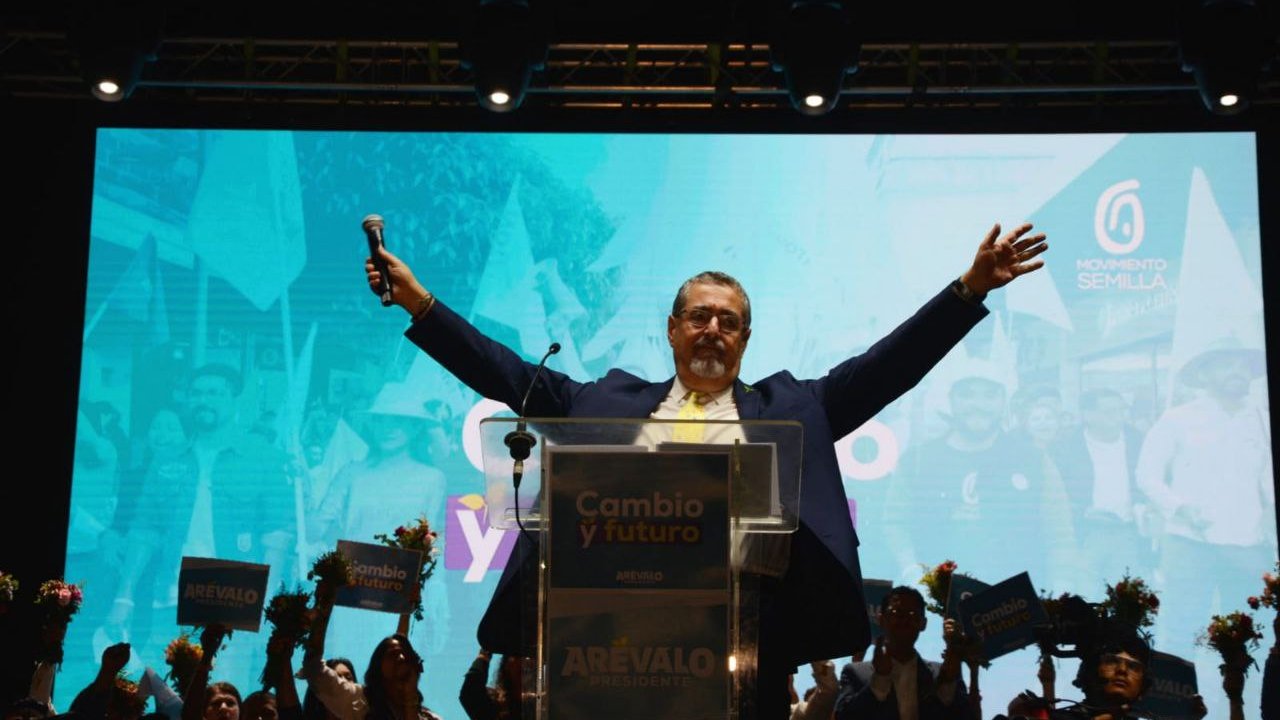
Bernardo Arévalo de León, the newly elected President of Guatemala.
Against all odds, Bernardo Arévalo de León, candidate of the center-left Movimiento Semilla, won the second round of presidential elections held in Guatemala on August 20 and will be the next president of the Central American country. The victory was the culmination of a people’s campaign that was built collaboratively and swept the Ancestral territories.
With 100% of the votes counted and a turnout of 45%, Bernardo Arévalo achieved victory over the candidacy and the anti-rights project of Sandra Torres of the center-right National Unity of Hope (UNE) party by a margin of 58% to 37%. He will take office as President on January 14. For many, Arévalo’s victory was a sign of hope for a country held hostage by the “pact of the corrupt,” a political, economic, and religious elite united by patriarchal privileges.
Arévalo, son of history
There are at least two interesting facts about Bernardo Arévalo de León. The first is that he is the son of Juan José Arévalo, the former socialist president who governed between 1945 and 1951 after a citizen revolution that led to the first transparent elections in the history of Guatemala. The other is that he carried the symbolic weight of having been the surprise candidate in the June 25 elections, who managed to gain the support of the people who relentlessly rejected the pact of the corrupt.
Since then, the question on everyone’s minds was about the political path the Movimiento Semilla would take, especially since it faced a powerful presidential candidate in Sandra Torres, a millionaire and representative of the establishment, an anti-rights figure who also carried out a hate campaign against feminist public policies and the recognition of LGBTI+ rights. Arévalo did not hesitate to champion a project antagonistic to that of hate. He rose to occasion: listening to and identifying himself with key political and symbolic references, such as traditional indigenous leaders and youth movements.
“Many people were determined to vote for Arévalo, who emerged from the citizens’ protests of 2015,” said journalist Lucía Escobar. “For the first time in history, the people came out to defend a candidate,” she added, referring to “the displays of affection at the rallies” as a phenomenon “never seen before in Guatemala.”
Escobar also noted the importance of the fact that there were Indigenous peoples who “had given the baton of authority” to Arévalo and concluded: “There is a lot of hope that this government will lay the foundation to kickstart the changes.”
Andrea Villagrán, a feminist lawmaker elected from the Movimiento Semilla, said that this is “a moment of transition and change in the course of history in which we are moving towards a new possibility of building a country and democracy.” She characterized the importance of leaving behind “a dictatorship of corruption and co-option of the State” as “an advance for which Guatemalans have fought for years.”
Chronology of the victory day
“Let’s all vote with joy because that way, it is the people of Guatemala who will win.” With these words and amid enormous press coverage, Bernardo Arévalo cast his vote around 9 am in zone 2 of the capital city. He was accompanied by his Vice-Presidential candidate, Karin Herrera, who has campaigned in support of the rights of girls and women.
An hour and a half before the closing of the elections, both Movimiento Semilla and UNE held press conferences where they denounced different irregularities and urged the Prosecutor’s Office and the Supreme Electoral Tribunal (TSE) to investigate. The Movimiento Semilla specifically denounced intimidation and attempts to “buy votes in exchange for food” and the suspicion of “embezzlement of State funds,” claiming that the government of incumbent conservative president Alejandro Giammattei collaborated with Sandra Torres’ party.
“This is a systematic situation in several municipalities and there have been arrests,” said a spokesperson from Semilla, adding that “we are thinking of expanding this series of complaints.” For his part, Samuel Pérez, deputy and head of the Semilla bench, called on the people to vote earnestly. “It is fundamental that the people of Guatemala speak out forcefully at the polls, since this can change history forever,” because “the will of the people is what has to prevail.”
Later, members of the TSE reported that “there were 3,468 voting centers set up inside and outside the country” and that the turnout, until 3 pm registered a “historic percentage,” with the conformation of “more than 20,000 polling stations” and “more than 7,000 national and international electoral observers.” In addition, they formalized the resetting of the database and the opening of the computer program.
What followed was a quick count and the most hopeful news. A future with dignity and listening, without institutional persecution, is possible for Guatemala.
This article was first published in Spanish on Marcha.
https://peoplesdispatch.org/2023/08/21/ ... president/
*******
UNDER THE SHADOW OF IDEOLOGICAL EXTREMISM
REVIEW (AND ORIGIN) OF JAVIER MILEI
Aug 16, 2023 , 11:25 a.m.

In the recent Argentine presidential primaries (PASO), considered an accurate indicator of the mood of the electorate, there was an unexpected change in politics ahead of the October elections.
The results gave Javier Milei, deputy and representative of the Libertad para Avanzar party, the winner. He got 30.1% of the vote .
This placed him above prominent political figures such as Patricia Bullrich (28%), from the "Together for Change" coalition, which is supported by Mauricio Macri; and Sergio Massa (27%), Minister of Economy in the Peronist bloc currently in power.
Milei calls himself a "libertarian" and "anarcho-capitalist" , and declares himself an admirer of Donald Trump and Jair Bolsonaro. He has been portrayed in the media for his controversial —and fascist— positions on issues such as the prohibition of abortion, the liberalization of the sale of weapons and human organs, as well as for placing the State as the main enemy.
A LIBERTARIAN WHO PROMISES TO CLOSE THE CENTRAL BANK
Javier Milei gained notoriety thanks to his appearances on television and his aggressive speech. Although not long ago he was unknown in the public world, today he presents himself as the savior of the "moral revolution" and says he opposes all the traditional politicians in the country, whom he calls "the caste" . .
In 2019, he began to actively participate in politics by supporting the Frente Despertar, led by José Luis Espert, another liberal economist.
He soon distanced himself from him due to ideological and personal differences, and decided to launch his own party, La Libertad Avanza (LLA) , with the aim of running as a candidate for national deputy for the city of Buenos Aires in the 2021 general elections, in the that the deputies and senators of the National Congress were chosen.
In the PASO of that year, Milei obtained 13.66% of the votes , placing her in third place behind the ruling party and the opposition. In her electoral debut, she reached 17% of the votes, which ratified her coalition as the third political force in the country's capital.
In 2022, he consolidated his rise by winning the general elections with 30.5% of the ballots, and thus became the most voted deputy in Argentine history.

At a time when economic blocks are emerging in the world that challenge the hegemony of the US currency, Javier Milei proposes to dollarize the Argentine economy (Photo: AP Photo)
What are your most questioned government proposals? Milei considers that the Argentine peso is an unviable currency and that the only solution is to adopt the US dollar as the official sign, as well as to eliminate the Central Bank and monetary policy.
Other proposals :
He proposes the privatization of health, education and state companies, based on what he argues that the private system provides better services.
It seeks the elimination of all the ministries, leaving only those of Economy, Justice, Interior, Security, Defense and Foreign Relations.
He proposes an economic reform based on the reduction of public spending and taxes, as well as the elimination of public works.
In energy terms, he aspires to end subsidies and "implement a realistic tariff scheme."
He projects a judicial reform, and accuses the current judicial system of "persecuting opponents or favoring friends."
Despite the fact that these ideas are based on fallacies that ignore the historical and social reality of Argentina and the world, they have achieved substratum among a part of the population that expresses its discontent and fatigue with the economic situation of the country.
BETWEEN SCANDAL AND POPULARITY
Weapons, drugs, sale of organs, homophobia, denial of the dictatorship, anti-abortionism and misogyny; Various controversies in Milei's career have resulted in criticism of her figure, but they have also provided her with remarkable visibility and recognition in the public sphere.
This presidential candidate has repeatedly expressed his support for the sale of human organs , arguing that this would be one more market that should not be regulated by the State. In an interview with Jorge Lanata in June 2022, Milei stated that if the sale of organs were carried out in a free market context, it would work more efficiently and would be an individual's decision. On another occasion, he stated that he was in favor of the sale of children , although he later clarified that he was referring to adoption and that he did not support human trafficking.
In addition, it has proposed allowing the free use and carrying of weapons for citizens . He argues that, by prohibiting its possession, it increases its circulation in criminal activities. Likewise, he has been in favor of freeing drug use: "If you want to commit suicide in installments, it doesn't bother me."
Javier Milei's views on the 1976 military dictatorship have earned him the title of denialist and conspiracy theorist. A firm defender of this bloody episode in Argentine history, he challenges the disappearance of 30,000 people.
He has not only generated controversy with his proposals and statements, but also for his attacks and insults against public figures, especially women .
One of the most prominent controversies around him is his association with and support for the genocidal soldier Antonio Bussi , who was convicted of crimes against humanity and acted as a de facto controller in the province of Tucumán during the dictatorship. Milei admitted to having been his adviser in the 1990s. She later formed a political alliance with Ricardo Bussi , Antonio's son, for the 2023 provincial elections in Tucumán, in which they came in third place. Ricardo currently heads the list of Milei's deputy candidates.
Antonio Bussi's actions during the 1976 coup d'état included brutal repression against the guerrillas and the civilian population, and he perpetrated kidnappings, torture, murders, and forced disappearances that affected around 800 people, including trade unionists, students, teachers , doctors and lawyers. In 2008 he was tried and convicted of crimes against humanity, for which he served life imprisonment until his death in 2011.
Milei also possesses a number of eccentric elements in his personal life that set him apart. He has a strong religious conviction and claims to have conversations with God ; he has a fondness for pseudoscience ; he lives with five mastiffs, whom he has named after famous economists, and claims he can contact one of their deceased dogs From him; he has a fondness for rock in English and usually sings songs of this genre in his political events; He also surrounds himself with "hot armorers" , young and attractive women who are in charge of organizing and promoting his acts and candidacies, and has been accused of asking for sexual favors .
"THE PARENTS OF THE CREATURE"
Behind Javier Milei's candidacy are various characters who explain this political phenomenon. One of them is Mario Russo, a consultant who became his main adviser.
According to an article by Argentine journalist Juan Luis González, published in Revista Anfibia , Russo was responsible for introducing key concepts in the libertarian's speech, such as "the caste", "them against us" or "liberty advances". He was in charge of defining the slogans, advertisements, the strategy in social networks and the places to do the tours and events, and he was the one who guided Milei to focus on the electoral segment between 16 and 28 years old, the most receptive to your proposals.

According to the consultant Analogías, Milei leads in popularity among the youngest voters, ranging from 16 to 24 years old (Photo: Anfibia Magazine)
Russo also knew how to take advantage of the territorial and political work that the Libertarian Party had been doing throughout the country, translated into an important mobilization of militants in the most massive acts of the campaign.
Regarding the break in the relationship, Russo says in an interview that he walked away because Milei did not worry about consolidating a party to articulate the interests of his constituents: "Milesi only cares about being him. That's why he thinks he doesn't need nobody, who doesn't need a party", he points out. He points out that the party was displaced in the final stretch to make room for people who have nothing to do with the ideas that Milei claims to represent.
"That's where the figure of Carlos Kikuchi emerged with force" —continues González's article— publicist and former spokesperson for Domingo Cavallo (former Minister of Economy of the neoliberal governments of Carlos Menem and Fernando de la Rúa), who became the "shipowner" of ALL. This connection contradicts ideas that Milei is up against the political "caste".
"Domingo Cavallo is usually pointed out as one of Milei's mentors — Revista Anfibia publishes —. Cristina Kirchner herself said it when she spoke at an act in La Plata about the libertarian as the 'clear-eyed disciple' of the convertibility minister It is in this line that almost everyone in LLA insists with the version that it was Cavallo who sent Kikuchi to the army, as a kind of support or blessing.
Some former members of the libertarian space accuse Kikuchi of charging up to $50,000 from candidates who want to fill a position on the coalition's ballot. According to the media, this character has a great influence on the presidential candidate and his sister Karina.
Karina Milei, his sister, is a woman who is dedicated to the tarot and who has a strategic role in the campaign of the libertarian economist. According to reports , she is the one who chooses her brother's candidates and collaborators, based on the letters and her intuition. Some of her call her "The Boss", by which they refer to the way Milei addresses her, or "The First Lady".
González says in her text that, although she does not have a public or media presence, Karina is the one who organizes, controls and decides on the most important aspects of the campaign and the operation of the party. She manages the money, the strategy, the agenda, the aesthetics and the links with the other members and allies of the space.
She is the one who has the power to influence and persuade her brother, the only one he fully trusts. She's the one who "fills in all the holes," the article notes.
WHAT EXPLAINS MILEI'S SUCCESS
How is it explained that such a controversial and destabilized character, with eccentric ideas, and questionable and regressive proposals, has managed to capture the attention and support of an important part of the Argentine electorate? You cannot give credit to a successful campaign strategy without reviewing the context.
The conditions of political discontent and the frustration of a significant segment of Argentine society in the face of the errors of the government of Alberto Fernández, added to the economic crisis that had been developing since the government of Mauricio Macri, were determining elements for Milei's political rise. who knew how to take advantage of this discomfort and present himself as a supposed radical alternative to Kirchnerism and Macrismo, with an anti-system and provocative discourse. It remains to be seen if his political actions are really in tune with his speech, which seems to have many holes and dead ends.
Now, after his victory in the PASO, Javier Milei seems to be going all out in October. The question of whether or not the fate of Argentina will be in the hands of this extravagant and extremist character will be cleared up in two months.
https://misionverdad.com/globalistan/ex ... vier-milei
Google Translator
*****
Celac-EU summit and the rise of Latin-American sovereignty
While European diplomacy failed on every front, the confident advance of the anti-imperialist bloc was unmistakable.
Proletarian writers
Saturday 19 August 2023

Cuban president Miguel Díaz-Canal told EU leaders in no uncertain terms: ‘Latin America and the Caribbean is no longer the backyard of the United States. Nor are we former colonies that require advice. Nor will we accept being treated as simple suppliers of raw materials.’
Eight years after the last meeting between the Community of Latin American and Caribbean States (Celac) and the European Union (EU) in June 2015, European and Latin-American leaders met for a third summit on 17 and 18 July 2023.
In the intervening years, political and economic conditions have markedly changed. The growing influence of China has been felt in all spheres of global economic and political life, and the Brics (Brazil, Russia, India, China and South Africa) trading group is now attracting the interest of many non-imperialist states that want to break out of the control of the US-dominated dollar-dependent (and thus extremely unequal) world market.
Meanwhile, the unconditional subservience of European countries to US imperialism’s foreign policy since February 2022, their costly support for the war in Ukraine, and their implementation of harsh economic sanctions against Russia that have backfired on their own economies, have resulted in a noticeable decline in the influence of the EU in the rest of the world.
To recover their influence in Latin America, the European imperialists were hoping to ‘seduce’ the region back into their embrace – and what could be better than wining and dining them at a high-level and well-publicised summit in Brussels? Amidst the accompanying hugs, handshakes and photo opportunities, European diplomats might be able, as in the past, to obtain concessions from governments in need of investment to develop their countries’ economies.
So what were the goals of the EU diplomacy at this event? Four clear priorities made themselves evident through the course of the proceedings: 1. to obtain support for the war in Ukraine; 2. to reduce the influence of China and Russia in the region; 3. to obtain condemnation of the popular policies of Cuba, Venezuela and Nicaragua; and 4. to avoid any declaration on the topics of reparations or the slave trade.
Support for the war in Ukraine? No thanks
The primary goal of EU diplomacy at the summit was to obtain the strongest possible condemnation against Russia, and the maximum possible support for the Nato-backed war effort in Ukraine.
To this end, Spanish prime minister Pedro Sanchez invited Volodymyr Zelensky to the summit. During a press conference with the Ukrainian puppet actor-president, Señor Sanchez highlighted the summit as a valuable platform for Zelensky “to engage personally with leaders from countries in the global south who may have reservations or doubts”.
This move was immediately rejected by Cuba, Venezuela and Nicaragua, however. Other countries, like Mexico, Argentina, Colombia and Peru, considered the Ukraine war to be a European issue, and the majority politely pointed out that Ukraine does not belong either to the EU or to Celac.
It is worth noting that key members of Celac – including Brazil, Mexico, Argentina and Colombia – neither apply sanctions against Russia nor respond positively to the western alliance’s constant demands that they should provide weapons to Ukraine. Indeed, Brazilian president Luiz Inácio Lula da Silva, after meeting with Chinese president Xi Jinping in April 2023, turned the tables on the EU and the USA, calling on them to stop sending weapons to Ukraine and to stop encouraging the continuation of the war there.
Despite this first setback, European Commission president Ursula von der Leyen and EU foreign policy representative Josep Borrell worked hard to obtain support for the EU’s war effort – but without any result.
The most enthusiastic supporter of the EU’s position was Chilean president Gabriel Boric, who obligingly stated that “what is happening in Ukraine is a war of imperial aggression which violates international law … the important thing is respect for international law, and here international law has clearly been violated not by two parties, but by one invader, which is Russia”. He was conspicuously alone in voicing such an opinion, however.
President Lula noted: “Possibly, the lack of habit of participating in these meetings causes a young person to be in a hurry. But that’s how things happen … we all know what Europe thinks, we all know what is happening between Ukraine and Russia. We all know what Latin America thinks. I don’t have to agree with Boric; it is his vision.”
In a clear criticism of the EU position, Honduran president Xiomara Castro pointed out: “The Ukrainian war must come to an end … we are obliged to find a way to achieve peace … trillions of dollars in weapons are sent for war, but we are not capable of contributing to the integral development of humanity with the objectives of sustainable development.”
In the summit’s final declaration, only one paragraph referred to the war, and that was to “express deep concern on the ongoing war against Ukraine, which continues to cause immense human suffering and is exacerbating existing fragilities in the global economy, constraining growth, increasing inflation, disrupting supply chains, heightening energy and food insecurity and elevating financial stability risks. In this sense, we support the need for a just and sustainable peace … we support all diplomatic efforts aimed at a just and sustainable peace in line with the UN charter.” (Point 15)
Nicaragua quite correctly objected that the phrase ‘ongoing war against Ukraine’ is a one-sided formulation and pointed out that it had “neither signed, nor approved, nor supported what has been so pompously and falsely called … the Consensus Declaration of the third EU-Celac summit”.
Reducing the influence of China and Russia? No chance
The second goal of the European diplomacy was to reduce the influence of China and Russia in the region and to obtain concessions for the EU in crucial economic sectors. After all, with a population of 650 million and a GDP (gross domestic product) in 2021 of $5,050bn (£4,290bn), the region is home to a vast array of natural resources and agricultural commodities, many of them, like lithium, critical to the development of new technologies.
Over the last 20 years, China has grown to become Celac’s second-largest trading partner. In 2021, commerce between the two sides amounted to $450bn (£354bn). With China now one of the top sources of investment and finance in the region, an atmosphere of friendly political cooperation has also been fostered. The extent of the Latin-American spur of China’s Belt and Road Initiative (BRI) has grown alongside these developments, now including 21 regional countries in its network.
Meanwhile Russia has developed close relations with Nicaragua, Bolivia, Cuba, El Salvador and Venezuela. Russian foreign minister Sergey Lavrov recently visited Brazil, Venezuela, Nicaragua and Cuba, and held meetings with Bolivian emissaries in Venezuela, to foster partnerships in the region.
To reduce the influence of China and Russia, Ursula von der Leyen presented the EU’s ‘Global Gateway Investment initiative, saying: “These are times of great geopolitical change and like-minded friends like the EU and Latin-American and Caribbean partners need to get closer.”
The initiative promises investments of €45bn (£39bn) to support more than 130 projects over four years – a largesse that is somewhat cast into the shade by the €77bn (£66bn) given to Ukraine in the last 18 months, most of it to support the war.
With the 2019 EU-Mercosur association agreement (agreed in principle after 20 years of negotiation) still not finalised or in force, many in the region are sceptical regarding any fresh promises emanating from Europe. As Lula pointed out, the priority for Latin-American countries is “to ensure a fair, sustainable and inclusive trade relationship” based on “mutual trust and not on threats”.
Marginalising Venezuela, Cuba and Nicaragua? Fail
The third goal of European diplomacy, following in the wake of US imperialist objectives, was to obtain a regional condemnation of Nicaragua, Cuba and Venezuela, three countries that have been developing increasingly close relations with Russia.
Ideally, the imperialist powers would have all countries that deviate from their official narratives banned from regional forums. A few days before the summit began, the European parliament declared “that autocratic regimes should not participate in such summits among countries that share democratic values and respect human rights”. (Resolution P9TA (2023) 0280, point 16)
The EU’s declaration echoed a recent US decision when, as host of the ‘2022 Summit of the Americas’, it excluded Venezuela, Cuba and Nicaragua on the same farcical excuse. In protest at this unilateral action by the Biden regime in Washington, the presidents of Mexico, Bolivia, Honduras, Grenada, St Kitts & Nevis and St Vincent and the Grenadines withdrew from the summit, sending lower-ranking delegates in their place – and the summit was a failure.
Whilst the EU could not afford to risk a similar outcome from its own summit, the point was made: dissident voices are not welcome.
Defending Venezuela
Venezuela has been enduring a murderous sanctions regime enforced by US imperialism since 2006. Sanctions enacted by the European Council in 2017 are also still in place, and Venezuelan state assets have been frozen by many countries – including the notorious seizure of $2bn in gold (£1.6bn) by the Bank of England. Meanwhile, a charge of narco-terrorism has been lodged personally against President Nicolás Maduro in the US courts.
President Xiomara Castro of Honduras highlighted these iniquities, stressing: “It is necessary to end piracy, and the confiscation of assets. We are all exposed to the fact that one day we find that our reserves have been frozen in foreign banks, or that we do not have the possibility of chartering transportation for the products that our peoples need.
“We raise our voice so that all the patrimony illegally withheld from the Venezuelan people be reinstated and that the barriers that prevent us from normalising our commercial relations with sister countries like Nicaragua are eliminated.”
A meeting intended to reactivate the mediation process between Venezuela’s government and opposition leaders (a prerequisite to lifting sanctions) was attended by Vice-President Delcy Rodriguez (Venezuela), President Gustavo Petro (Colombia), President Alberto Fernández (Argentina) and President Lula da Silva (Brazil), along with President Emmanuel Macron of France) and European Commission vice-president Josep Borrell.
The summit’s final declaration, far from condemning Venezuela, merely included a tactful promotion of further mediation: “We encourage a constructive dialogue between the parties to the Venezuelan-led negotiations in Mexico City.”
Opposing the neverending blockade against Cuba
In line with its goal of shaping the agenda of the forthcoming summit, the European parliament resolution referred to above condemned “the Cuban regime’s support for the Russian war of aggression against Ukraine and its defence of Russia and Belarus”, indicating that not supporting Ukraine against the Russian aggression would have “consequences”.
Moreover, it demanded “sanctions against those responsible for the persistent human rights violations in Cuba, starting by sanctioning Miguel Díaz-Canel, as the most senior figure in the chain of command of the Cuban security forces”, and called on those participating in the summit “to issue a statement demanding due respect for human rights in both regions, with a particular focus on the lack of respect for democracy and fundamental freedoms in Cuba”.
But both rhetoric and sanctions against Cuba are extremely unpopular in the region, and European parliament’s attempt to jostle Latin-American leaders into endorsing its position was ignored.
President Miguel Díaz-Canel himself stressed to those present that “Latin America and the Caribbean is no longer the backyard of the United States. Nor are we former colonies that require advice. Nor will we accept being treated as simple suppliers of raw materials.
“We are independent and sovereign countries, with a common vision of the future. We build the Community of Latin American and Caribbean States as a unified and representative voice of our unity in diversity.”
Reflecting Celac’s strong support for Cuba, the final declaration made reference to a 2022 general assembly resolution at the United Nations against the blockade and underlined the need for “ending the economic, commercial and financial embargo imposed against Cuba, we recall our opposition to laws and regulations with extraterritorial effect”.
Nicaragua stands up
Since the first EU sanctions were enacted against it in 2019, the relations between the European Union and Nicaragua have deteriorated considerably. The head of the EU delegation was expelled from Nicaragua in September 2022, the EU’s ambassador to the country was withdrawn in April this year, and a condemnatory resolution against Nicaragua was passed by the EU parliament in June.
But Nicaragua’s anti-imperialist leaders have not been intimidated by this hostility. In one of the most politically-charged speeches of the summit, Nicaraguan foreign minister Denis Moncada condemned “the coercive, illegal and unilateral measures imposed against the Russian Federation, China, Cuba, Iran, Venezuela, Nicaragua, Syria, the Democratic People’s Republic of Korea and other brotherly peoples”.
He went on to demand “the commitments of developed countries of the European Union, to guarantee climate justice and reparation policies to compensate for loss and damage” as a result of man-made climate change, rejected “the use of cluster munitions by all states”, and called for the US government to pay the compensation approved by the International Court of Justice in The Hague for the human losses and material damages that resulted from US military and paramilitary aggressions during the 1980s.
Comrade Moncada further pointed out that “the European Union must reflect and act in good faith with a vision of the present and the future … Europe must bear in mind and respect that we are no longer a colony of any power. We are free, independent and sovereign countries, with dignity for our homeland, identity and freedom.”
Avoiding mention of the slave trade and of reparations? Dream on
For the colonial powers, the slave trade has been always an uncomfortable subject of discussion, and it has long been one of the goals of EU diplomacy to avoid all reference to this emotive topic. It seems that imperialist Europe would like the world to quietly forget that its own capitalistic development was facilitated by the most ruthless and industrial exploitation of mineral resources and human lives in Africa, Asia, Latin America and the Caribbean.
In recent years, consciousness about the slave trade has been developing across Latin America, and for the first time in the history of the EU-Celac summits it was introduced onto the meeting’s agenda. Unable to avoid its inclusion in the final declaration, EU diplomats strove to cover all reference to Europe’s responsibility with euphemistic and harmless expressions.
In the end, the summit declaration included both positions. On the one hand, the preferred European wording: “We acknowledge and profoundly regret the untold suffering inflicted on millions of men, women and children as a result of the transatlantic slave trade.” And on the other, a reference to Celac’s support for “the Caricom Ten-point Plan for Reparatory Justice”.
It should be noted that the Caricom (Caribbean Community) Reparations Commission (CRC) states that European governments: “were owners and traders of enslaved Africans”, and that they “instructed genocidal actions upon indigenous communities” and “created the legal, financial and fiscal policies necessary for the enslavement of Africans”. The CRC “demands as a precondition the offer of a sincere formal apology by the governments of Europe”.
Moreover, the commission states: “Some governments in refusing to offer an apology have issued in place Statements of Regrets. Such statements do not acknowledge that crimes have been committed and represent a refusal to take responsibility for such crimes. Statements of regrets represent, furthermore, a reprehensible response to the call for apology in that they suggest that victims and their descendants are not worthy of an apology.”
As President Díaz-Canel pointed out in his address to the summit: “Colonial plunder and capitalist looting turned Europe into a creditor and Latin America and the Caribbean into debtors.”
Failure of EU ‘diplomacy’ on all fronts
Overwhelmed by a long list of demands, the EU side was forced to include at least some of the many requests in the final declaration, albeit couched in the sanitised language of United Nation resolutions.
In relation to the imperialist war against Russia, it had to make do with accepting that “Celac has declared Latin America and the Caribbean as a Zone of Peace” (point 12). Regarding the Malvinas/Falklands dispute, it was forced to concede that in “the question of sovereignty over the Islas Malvinas / Falkland Islands, the European Union took note of Celac’s historical position based on the importance of dialogue and respect for international law in the peaceful solution of disputes” (point 13).
Regarding the threat to the Caribbean countries from climate change, the declaration recognised “the impact that climate change is having on all countries, affecting particularly developing and the most vulnerable countries, including Small Island Developing States, in the Caribbean” (point 22).
In relation to the crisis in Haiti, the declaration expressed “concern regarding the continuing deterioration of the public security and humanitarian situation in Haiti” (point 38), while it reaffirmed “full support for the peace process of Colombia” (point 39).
President Lula noted afterwards that the factors leading to the diplomatic triumph of the anti-imperialist countries could be explained “possibly owing to the dispute between the United States and China, possibly owing to China’s investments in Africa and Latin America, possibly owing to the new Silk Road initiative, possibly owing to the war”.
At this third EU-Celac summit, European Union diplomats for the first time found that the Latin-American and Caribbean countries were no longer ready to fall in line with their demands; that they are becoming independent and sovereign countries. Over and again, the leaders at the summit asserted that while investment would be welcomed in the region, this would not be accepted on any terms – and that the imperialists’ ability to use a ‘divide and rule’ strategy will no longer work in the region.
As Bolivian president Luis Arce pointed out: “Today, in a multipolar world under construction, the new geopolitical conditions may give the opportunity to multiple options for cooperation and sectoral, regional and continental alliances.
“We want a Latin America, a Caribbean and a Europe in peace. May their peoples achieve the peace that the capitalist model has not been able to offer them, abandoning practices that in past history have not created an equitable and complementary relationship between our regions.”
https://thecommunists.org/2023/08/19/ne ... vereignty/
Libertarian ideas appeal to the immature because they are immature. And under under capitalists rule immaturity is an ever extended state.
*******
Luisa González Is Ecuador’s Most Voted Presidential Candidate
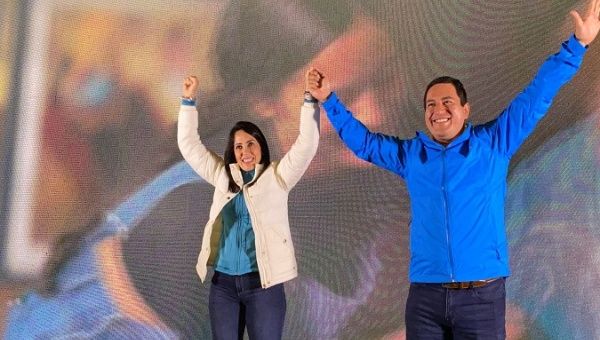
The candidate of the Citizen Revolution Movement (left), Luisa Gonzalez, leads the results of the early elections held in Ecuador this Sunday. Aug. 20, 2023. | Photo: Twitter/ @telesurenglish
Published 20 August 2023
With 43.92% of the valid votes processed, Luisa Gonzalez concentrated 33.44% of the voters' preferences.
The candidate of the Citizen Revolution Movement (left), Luisa Gonzalez, leads the results of the early elections held in Ecuador this Sunday, August 20, according to figures of the National Electoral Council (CNE).
With 43.92% of the valid processed votes, the candidate of the party led by former president Rafael Correa concentrated 33.44% of the preferences among voters, followed by the 24.31% of the standard bearer of National Democratic Action, Daniel Noboa, of the center-right.
Gonzalez, a supporter of former President Rafael Correa, spoke about the results obtained in the elections: "We want to thank, firstly, all the militancy of the Citizen Revolution, secondly, all the candidates to the Assembly and thirdly, all the citizens of this beautiful country. Our gratitude and our applause is for the Ecuadorian people".
In case the trend remains in similar proportions, the two most favored candidates to the presidency of Ecuador would be forced to go to a second round.
Ecuador renews its executive power in advance after the current president, Guillermo Lasso, determined the so-called cross death, which implies the dissolution of the National Assembly and the celebration of early elections, a political exercise he determined in view of an impeachment attempt against him.
According to the candidate of the Citizen Revolution Movement, the election day mobilized Ecuadorians, in spite of the fear due to the wave of violence the country is experiencing: "This brave Ecuador, this Ecuador with a feeling of homeland, mobilized, broke fear and voted for a woman... It is the first time that a woman obtains such a high percentage in the first round".
The candidate, who addressed her militancy, promised peace, work and security.
https://www.telesurenglish.net/news/Lui ... -0016.html
